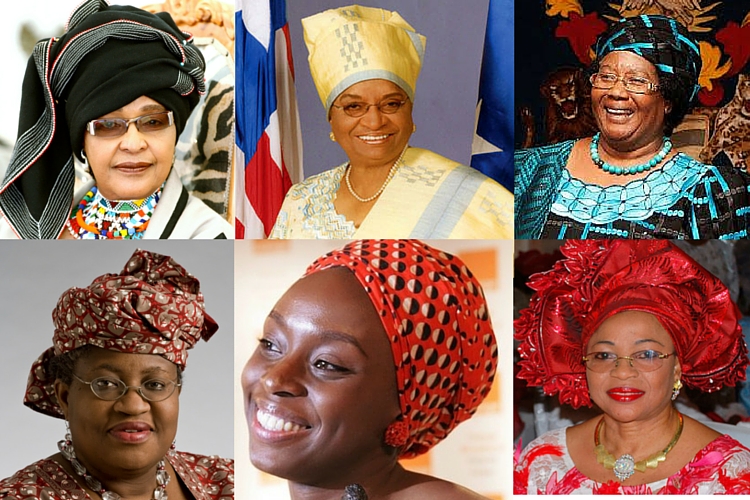The age old question goes what makes one an African? Is it the culture or the dark skin the common language , birthright or ancestry? The world famous Kenyan author Ngugi wa Thiong’o famously stated in his writings that “the slavery of the language is the slavery of the mind”. Language is what binds us as Africans together around a common culture and common purpose and identity.
Before colonialism African women wore their traditional headgear which indicated their marital status and or social standing. In Zulu culture the women of the royal family wore special headgear that denoted their social standing.
In traditional African culture women have always covered their hair as part of custom. When the colonialists came to Africa they neither respected African traditions or valued them and banned traditional African headgear for women. As a result the only women who wore headgear in a work setting in southern Africa were maids and nannies.
Growing up I never embraced the head covering which I viewed as oppressive because I associated all things that were African suppressing my desire to be the modern African woman. Today i believe that as an independent young African woman that the desire to wear or not to wear a headgear is a deeply personal one. Years of colonial indoctrination led me to believe that my traditional headgear was inferior to wearing the chemical infused permed hair.
In the united states the women of the conscious community are known for wearing headgear and covering their hair as a nod to African culture. It is not uncommon as well to find women in have unkempt hair wearing headgear and so i always associated headgear with these kinds of women as well.
Common names for the hear gear across Africa:
- South Africa – Doek
- Malawi/ Zimbabwe – Dhuku
- Ghana – Duku
- Nigeria – Gele
- Sudan – Tarha
- Sierra Leone – Enkeycha
- East Africa (Swahili) – Kilemba
- DR Congo (Lingala) – Kitambala
- Rwanda/ Burundi – Igitambara
- Uganda – Ekitambala (Luganda)/ Latam wich (Acholi)
- Zambia – Chitambala
As a young African woman i have come to understand that wearing headgear is an affirmation to my African heritage and not a symbol of oppression as colonialism tried to teach or reinforce through images of blonde flowing hair as the measure of beauty. The headgear gives me my identity and allows me to honor my African customs. Let us celebrate women who wear the traditional headgear. African headgear should not be confused with burqas which are worn for religious reasons as all Africans are not Muslims and were themselves colonized by the Arabs.





3 responses to “African Head Gear and African Identity”
I can relate to the author. Years of colonialism left me feeling the same way. Thankfully i am now enlightened.
I will never wear a headress .People will think i am a muslim & discriminate against me. No thanks, i have enough problems as a black woman in America. Thanks but no thanks!
I agree i honor my culture when i wear the whole traditional outfit.Otherwise i do not want to be mistaken for religious wear.